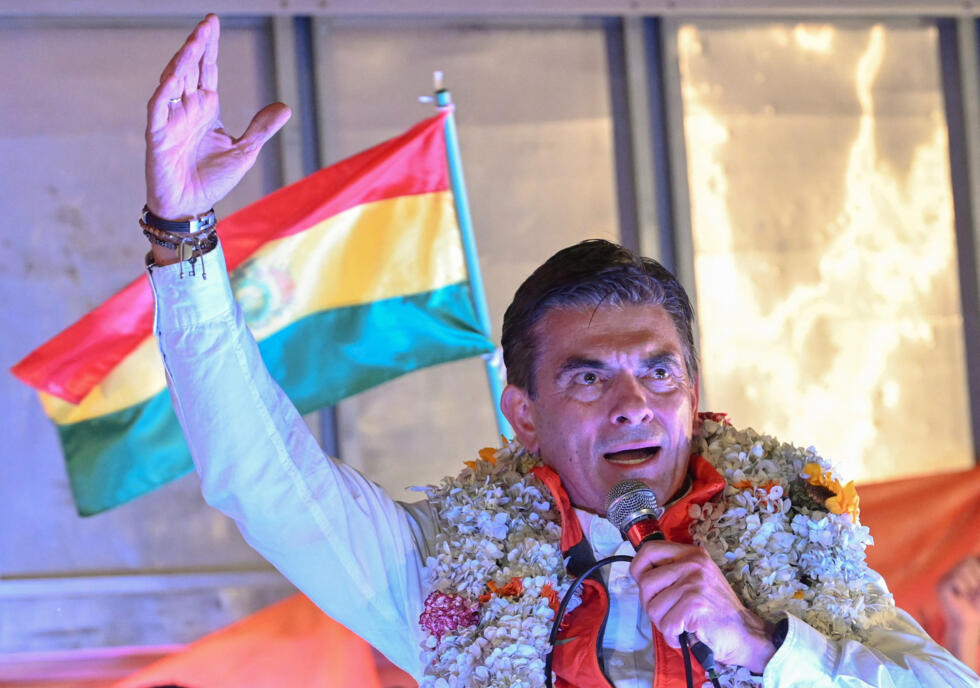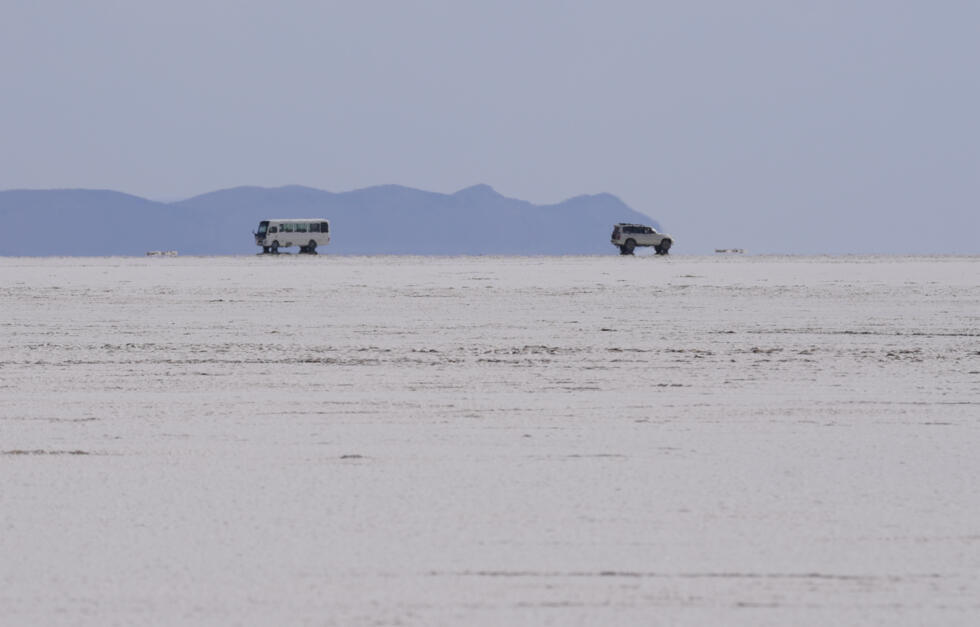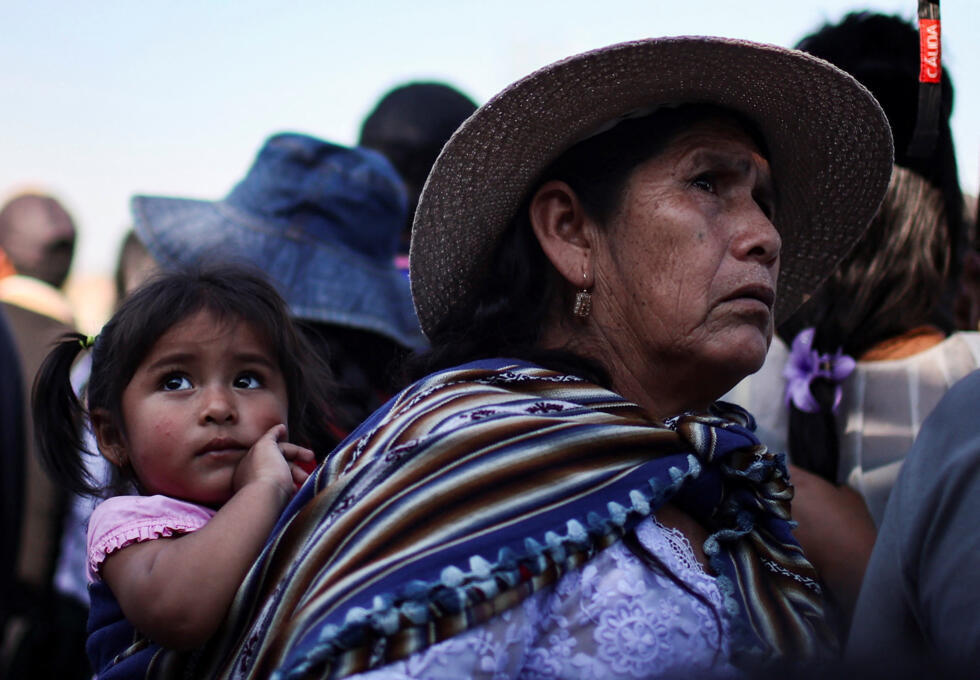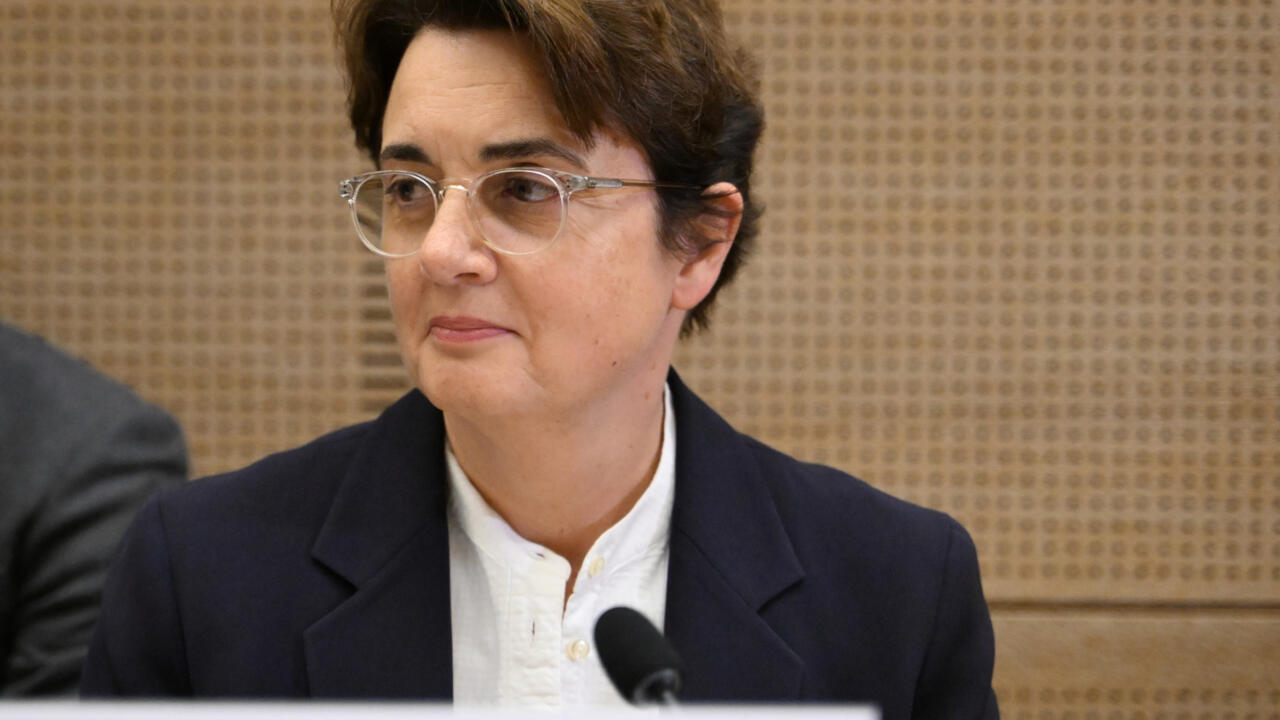From the moment of his victory in Sunday's presidential elections, Bolivia's president-elect Rodrigo Paz set the tone. "They squandered our gas, the lithium never appeared, and now we’re in crisis!"
The centre-right politician elected on Sunday has vowed to break with 20 years of left-wing policies. On November 8 he will succeed the Movement for Socialism (MAS) party’s unpopular Luis Arce, who was elected in 2020. Arce, the successor to Evo Morales, who governed Bolivia from 2006 to 2019, is leaving power at the end of a term marked by the country’s worst economic crisis in 40 years.
If the subject of lithium occupied such a prominent place in the president-elect's victory speech, it's because Paz intends to make it an engine of economic recovery. Bolivia possesses more than 23 million tons of lithium, or 20 percent of global reserves, according to the United States Geological Survey (USGS). This 21st-century "white gold" is one of the key components in electric vehicle batteries and energy storage systems. Yet Bolivia lags far behind its Chilean and Argentine neighbours in the world’s “Lithium Triangle”.
Read moreLithium: the white gold of the energy transition
Back in 2008, then president Evo Morales promised to exploit Bolivia’s lithium resources without the help of multinational corporations. His ambition was to create an entirely national value chain, from extraction to battery manufacturing. The dream of energy sovereignty fell short a few years later, however. In 2024, the state-owned company Yacimientos de Litio Bolivianos (YLB) produced just 2,000 tons of lithium carbonate – 130 times less than Chile.
No ‘real technology transfer’
"Despite proposals from Europe, particularly France, the MAS always chose to preserve Bolivia's sovereignty by nationalising the sector and maintaining control over foreign investments, without any real technology transfer," says Gaspard Estrada, a political scientist and member of the Global South unit at the London School of Economics. "On paper, the idea was good, but it clashed with the economic reality," Estrada adds.
Watch moreEurope joins the 'white gold' rush
In the wake of this failure, outgoing president Luis Arce attempted a shift in direction. In 2024, his government signed several major contracts with Chinese consortium Hong Kong CBC for two lithium carbonate plants and with Russia’s Uranium One Group, a subsidiary of Rosatom, for a third. The goal was to accelerate industrial production.
These agreements sparked an outcry. Critics cited a lack of transparency and the absence of consultation with local communities as well as environmental risks.

"I assure you that neither you nor I know what's in these contracts!" Paz declared after his election in an interview with Russia’s Sputnik channel. "A country that wants to be taken seriously cannot approve agreements whose content no one knows. All Bolivians demand clarity so that these contracts truly benefit both parties."
The promise of transparency and a pro-US shift
President-elect Paz says he wants to modernise the industry without privatising it and guarantee transparency while involving local communities. These principles appeal to part of the country’s civil society. But for Estrada, the main challenge will be legal: "What legal guarantees can be offered to investors? Rodrigo Paz will have to convince new economic partners during his trips abroad. It will require real political perseverance for these projects to come to fruition."
While maintaining state control, Paz plans to attract foreign capital through tax incentives. In a clear geopolitical shift after a visit to Washington during his campaign during which he met with representatives of the IMF and the Trump administration, on October 20 he announced the upcoming restoration of diplomatic relations with the United States, which were severed in 2008.

"When you know [US President] Donald Trump's often brutal methods, this rapprochement with Washington risks being bad news for Europe," warns Maria-Eugenia Sanin, a professor at Paris-Est Créteil University and a specialist in energy economics in Latin America. "The United States will leave little room for the European approach, particularly the French one, which proposes local development and economic benefits for local populations. That's far from being a priority in the Trumpist vision, which is more focused on securing resources in Latin America."
The new president wants to go beyond raw extraction. He promises to transform lithium carbonate into finished products for export. For Sanin, the key will be "to move down the value chain, create added value and ensure that local populations benefit from it".
A social and environmental test for Bolivia
Promising measures for the "most vulnerable", Paz was elected on a platform of "capitalism for all". It’s an ambitious approach in a country where Indigenous peoples can be directly affected by lithium exploitation, as the country's largest reserves are located on ancestral territories where they represent a large majority of the population, particularly around the Salar de Uyuni salt flats in the departments of Potosí and Oruro. "Historically, these communities were close to the MAS party. It remains to be seen how open they will be to a new government promising to reopen the economic playing field and the lithium issue," Estrada says.

The challenge for the new government is also environmental. Lithium exploitation requires colossal quantities of water in already arid zones, threatening biodiversity and the traditional activities (herding, agriculture) of the Aymara and Quechua Indigenous peoples. "The transition from fossil fuels to renewables is not being conceived in the collective interest, but according to a corporate logic that generates irreversible impacts on ecosystems," says Argentine researcher Bruno Fornillo, a doctor in social sciences and geopolitics interviewed by FRANCE 24’s Spanish-language site.
Fornillo, a member of Argentina’s National Scientific and Technical Research Council, advocates for a common regional strategy: "Coordination between Bolivia, Argentina and Chile would not only regulate industrial development, but also promote a just and popular socio-ecological transition that involves communities and respects biodiversity."
On this highly symbolic issue, Paz is walking a fine line between reviving the economy without repeating the mistakes of the past and opening Bolivia to foreign capital without selling out national sovereignty. "Everything will depend on his ability to honour his pact of inclusion and his promise of non-privatisation," says Sanin.
This article has been translated from the original in French by Nicolette Bundy.











 English (US) ·
English (US) ·